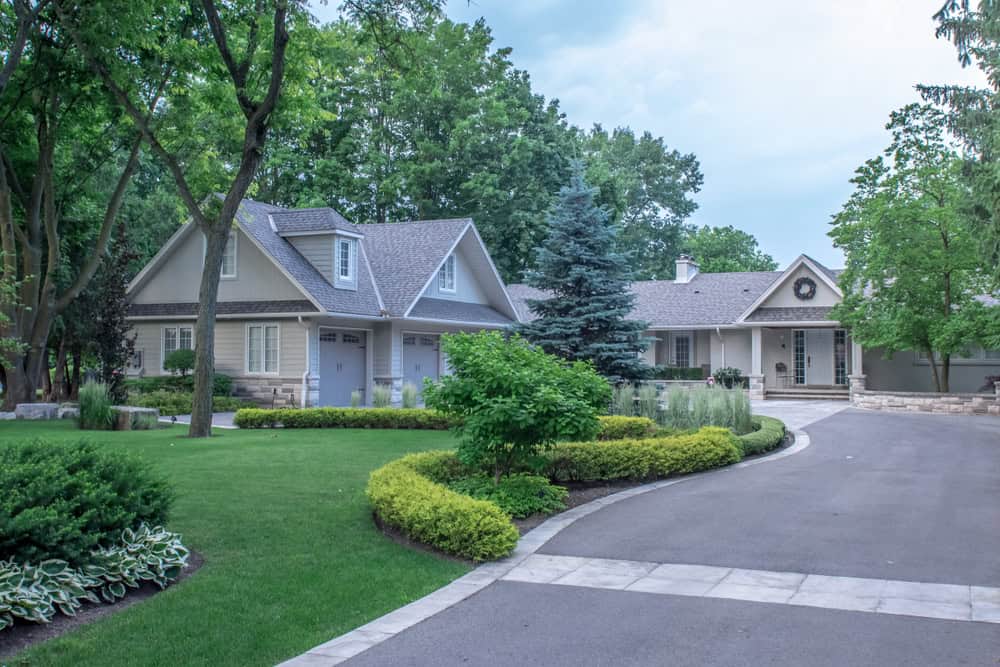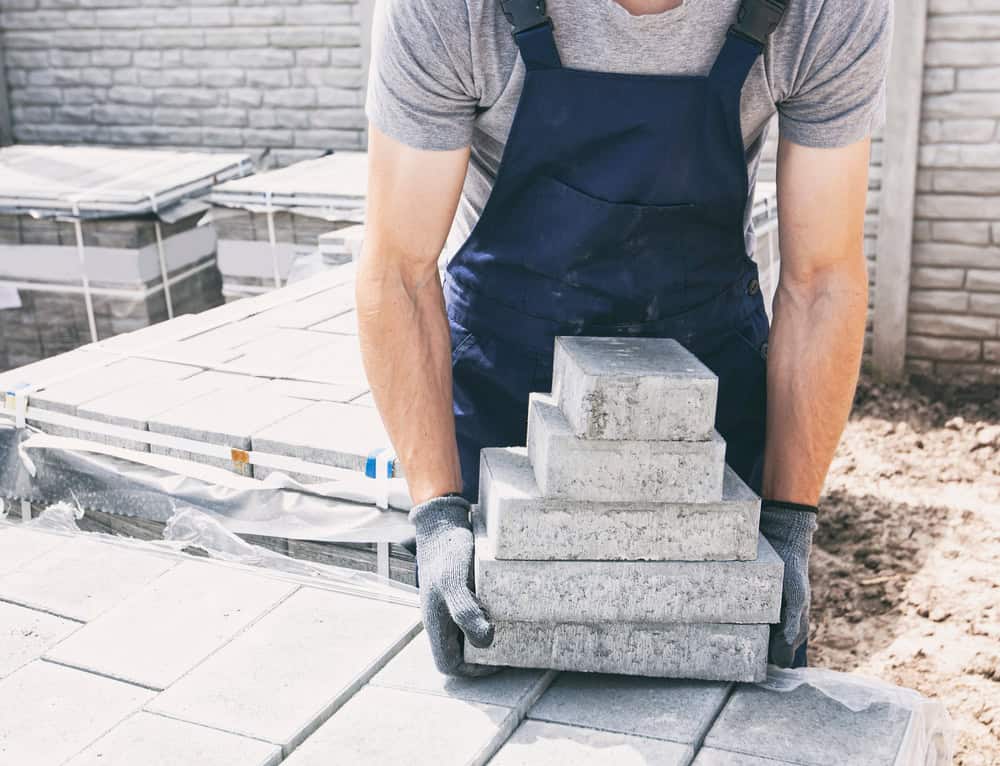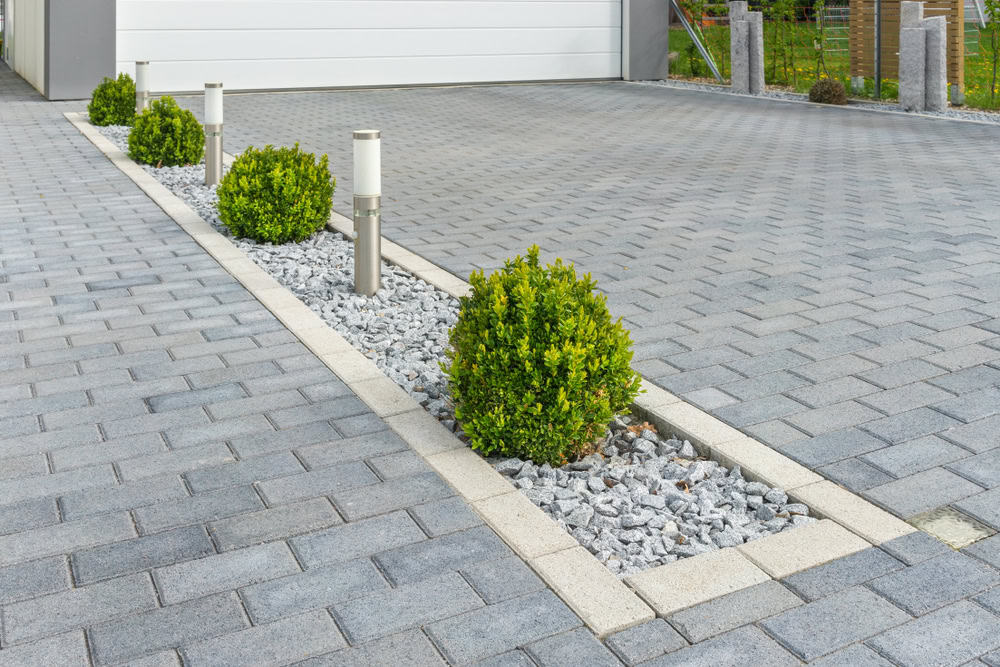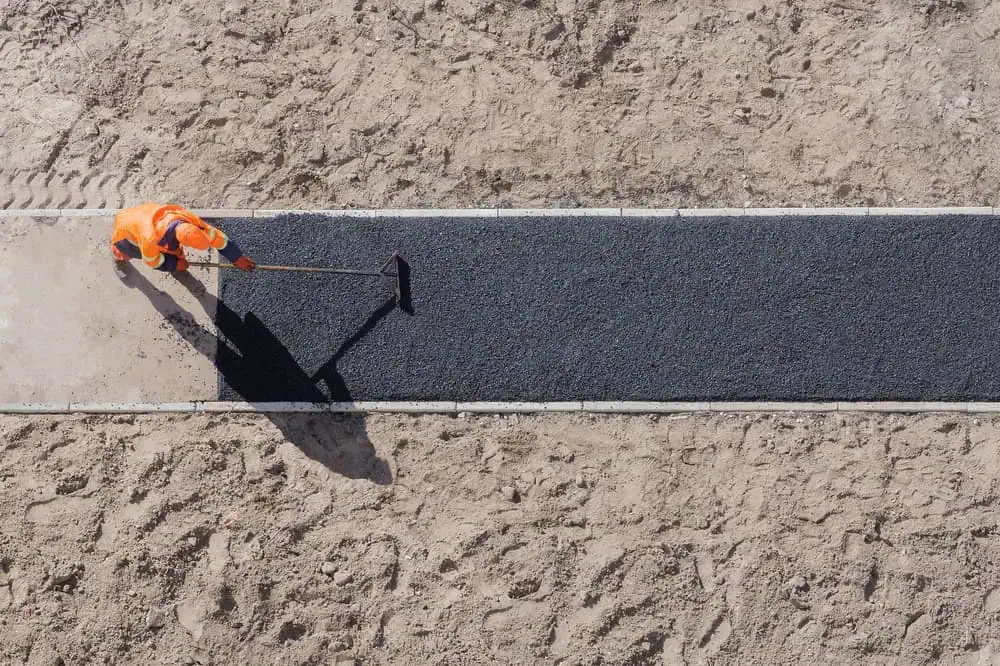Custom paver installation that enhances your property value and creates lasting outdoor living spaces.


Your patio should be where memories happen, not where you worry about cracks and uneven surfaces. Professional paver installation gives you a space that handles everything from summer barbecues to winter freeze-thaw cycles without the headaches that come with concrete.
When pavers are installed correctly, you get immediate use of your space. No waiting weeks for concrete to cure or wondering if that hairline crack will turn into a major problem next spring.
The right paver installation also solves drainage issues that plague many Milton properties. Instead of dealing with standing water or ice patches, you get a surface designed to handle New England weather while looking better year after year.
We’ve been serving Milton and surrounding communities with professional paving installation services. The local expertise matters when you’re dealing with New England soil conditions and weather patterns that can make or break a paving project.
Every paver installation starts with understanding your property’s specific drainage needs and soil conditions. This isn’t about following a generic template – it’s about building something that works with your land, not against it.
The difference shows up years later when your neighbors are dealing with repairs and you’re still enjoying the space you invested in.

Every paver project starts with proper excavation and base preparation. This means removing the right amount of soil and creating a foundation that won’t shift or settle over time. Most paver problems trace back to shortcuts taken during this critical first step.
Next comes the base material installation and compaction. Multiple layers of crushed stone get compacted to create the stable foundation your pavers need. Proper drainage gets built in at this stage, not added as an afterthought.
The paver installation itself involves precise leveling and spacing, followed by joint sand application and final compaction. Each step builds on the previous one, which is why rushing through any part of the process creates problems you’ll see later.

Ready to get started?
Our paver installation includes everything from initial site evaluation through final cleanup. You get detailed planning that accounts for your property’s drainage patterns, existing landscaping, and how you actually want to use the space.
Material selection gets tailored to your specific needs and Milton’s climate conditions. Some pavers handle freeze-thaw cycles better than others, and some work better for high-traffic areas versus decorative spaces.
Our installation process includes proper edge restraints, joint stabilization, and surface preparation that ensures your investment performs as expected. Many Milton properties have unique challenges with drainage or soil conditions that require specific solutions during installation.

Local Resources